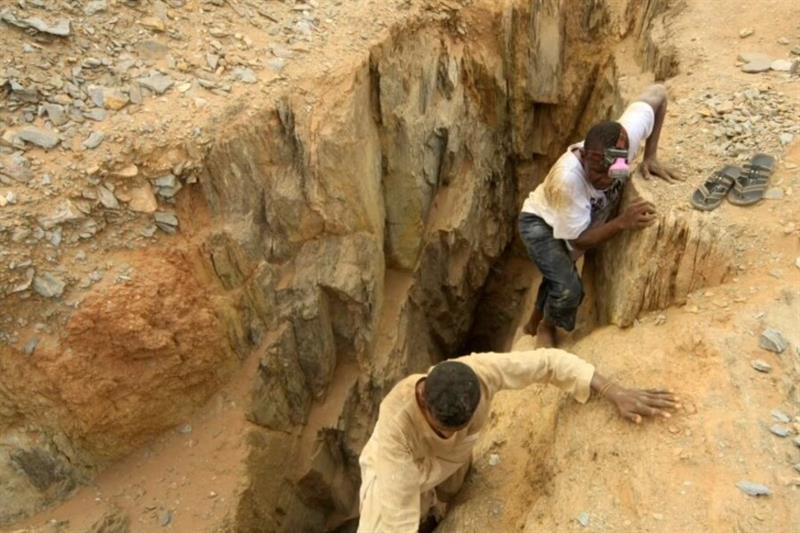At least 11 people have been confirmed dead and 7 others injured after a traditional gold mine collapsed in Sudan’s River Nile State, according to local authorities.
The incident occurred last Thursday at a site known as Karsh Al-Fil, located in the desert area between the towns of Atbara and Hayya. A field investigation conducted jointly by local officials and Sudanese mineral experts confirmed the casualties.
Initial unofficial reports had speculated a much higher death toll — up to 50 — with fears that additional miners may still be trapped underground.
Authorities noted that the mine had previously been closed due to serious safety risks and structural instability, but mining activities had resumed informally. Following the collapse, officials convened an emergency meeting to assess the situation and reiterated calls for strict enforcement of safety regulations.
“This incident highlights the urgent need to improve oversight and safety in Sudan’s artisanal mining sector,” said one official involved in the investigation.
Unregulated Mining Poses Ongoing Dangers
The collapse sheds light once again on the dangerous conditions facing miners in Sudan’s booming informal gold sector. Since the outbreak of internal conflict in April 2023, unlicensed mining has surged, now involving more than two million Sudanese and contributing to roughly 80% of the country’s total gold output.
Despite their economic significance, these artisanal mining sites often operate with minimal or no safety standards, exposing workers to frequent collapses, suffocation risks, and other hazards.
Local governments frequently collect fees or taxes from such miners, yet enforcement of occupational safety remains weak or absent in many regions.
Officials are calling for stronger national policies and emergency preparedness to prevent further tragedies, as the country’s gold rush continues to fuel both economic survival and deadly risks.



